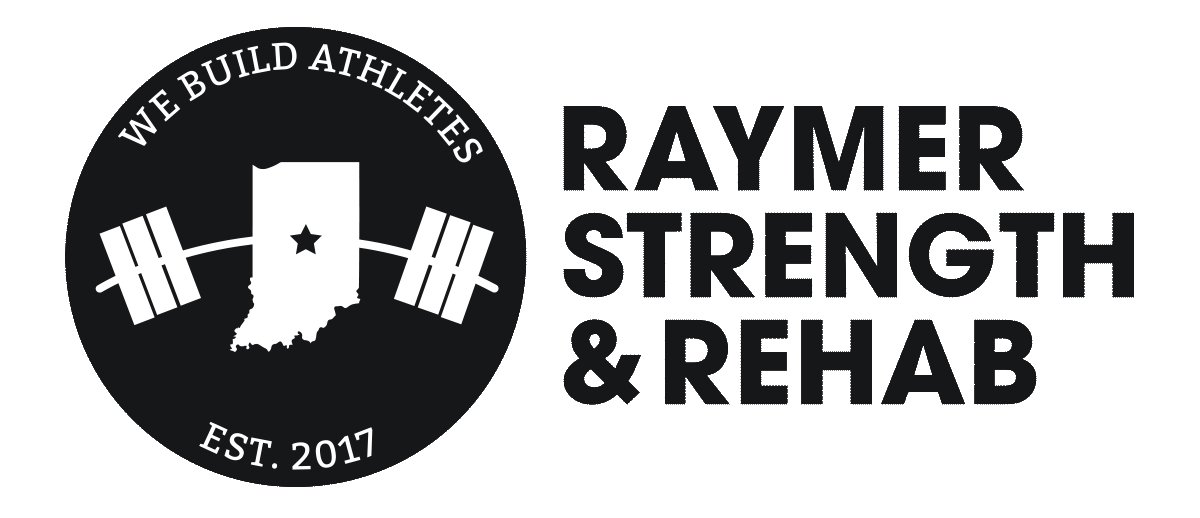7 Rules of Thumb for Talking with College Recruiting Coaches
If your goal is to play college ball, and you’re a current junior, chances are you are about to be eligible to be contacted by college coaches. If you’re unsure, here’s the NCAA list of recruiting calendars by sport, and D1 softball’s Junior class first contact date is September 1.
If you’re nervous, it’s okay. Breathe. You’ll get through this just fine!
Here’s our rules of thumb, pulled together both from our own conversations with college recruiters about our athletes and advice from our athletes that have already been through this process.
1. Do some basic research on the university
Do what you can to get a flavor for the institution ahead of an official visit so that you can determine if you’re interested at a basic level. This will help you weed out what you don’t want.
Look at the reputation of the programs you’re interested in for your career path (and it’s okay if you don’t know yet). Look at whether or not they have the lifestyle opportunities that you’re interested in (like Greek life, volunteering, student programming). Look at where it’s physically located. Is it close or far from your family?
2. Be honest with the coach about what you are looking for
Do you know the kind of team environment that you want to be apart of? Do you know the kind of work ethic that you work best with? Share these things with your coach.
Tell them if you aren’t interested in their university. Seriously. They will appreciate that you saved them some time, and it will allow you to focus on the conversations that are more meaningful to you.
3. Share what you’re thinking about majoring in, or career options you’re exploring
If you know what you want to do for your career, great! If not, that’s totally fine. And don’t let any adult tell you otherwise. Share what you’re interested in pursuing, or what you’re still evaluating with the coach.
4. Be prepared to ask them some questions
This is a two way interview! Find out what you need to know that isn’t readily available online. Here’s some questions to get your brain jump-started:
Are there any current or former student athletes that share the same major or career interests? How was their experience?
What’s the day in the life of a player on your team?
What’s campus life like?
What would you expect out of me if I joined your program?
How are class conflicts with professors handled in terms of the in-season game calendar?
In your opinion, what areas should I focus on this season to be more prepared?
5. Be yourself
Coaches want to know the real you. Talk to them how you would talk to your high school or travel coach. Or talk to them how you would talk to me. Heck, if you want to practice, I’m here for you.
6. Take your time
You don’t need to make this decision quickly, unless you want to. Don’t feel pressured to change your commitment timeline. This is the start of a relationship.
7. Don’t hold out forever
Don’t hold our forever hoping for a D1, or a ‘better’ D1 offer. Division 1 isn’t always where it’s at. There are amazing opportunities that will give you better playing time, a better environment, or a better career education that are D2, D3, NAIA or JUCO. All of these options are awesome, so don’t pin your “hopes and dreams” on the D1 offer. It’s not always what it’s cracked up to be. Evaluate everything equally.
If you commit to any college and sign your National Letter of Intent, or represent a National Team, we’ll proudly hang your flag on the wall.
However, at Raymer Strength, we are here to help support you in your goals, whether that’s to play college ball or just become happier and healthier version of yourself.
Interested in training with us?
We build athletes, helping them get healthier, stronger, faster, and more agile. We offer in-person (Central Indiana) and online/remote training.


